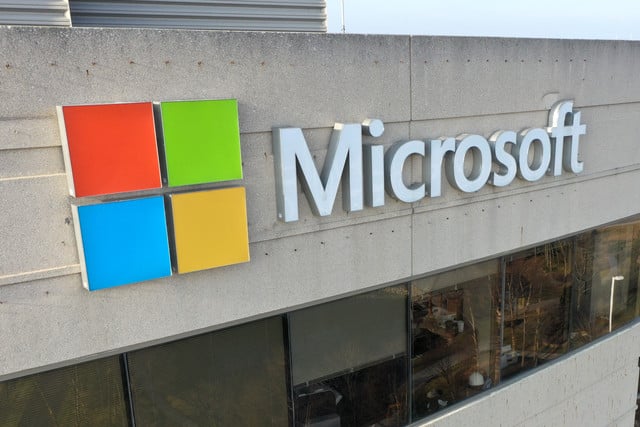Microsoft Defender for Cloud now protects Google Cloud Platform

Windows users are familiar with Microsoft Defender running on their computers offering local protection, but there is also a cloud-based version of the security tool. Microsoft Defender for Cloud is the result of the unification of Azure Security Center and Azure Defender.
Having already added support for Amazon Web Services (AWS), Microsoft has now added protection for Google Cloud Platform. The latest addition comes as Microsoft recognizes the fact that 92 percent of organizations now embrace a multi-cloud strategy.
See also:
- Microsoft is bringing new Emoji Panel, Voice Typing and other shortcuts to Windows 11
- Microsoft is testing an annoying desktop watermark if you install Windows 11 on unsupported hardware
- How to hide the 'System requirements not met' warning in Windows 11
Microsoft says that the ability to manage the security of multiple cloud workloads from a central place is unique to its offerings. The company points out that it does not matter whether organizations are running their workloads in Azure, Amazon Web Services, GCP, or on-premises, it is the only solution that allows for the management of security centrally across clouds.
Announcing the newly added support, Microsoft says:
After releasing support for AWS last November, today we’re excited to announce that Microsoft Defender for Cloud now supports Google Cloud Platform (GCP) with its native CSPM and CWP capabilities, without any dependencies on Google first-party tools. The support for GCP comes with a simplified onboarding experience, more than 80 out-of-the-box recommendations to harden your environment, and more.
The company adds:
Starting today, container protection is available for Google GKE Standard clusters. With container adoption soaring because of their scalability and portability, they are critical in any cloud environment.
Microsoft Defender for Containers provides threat detection capabilities that include Kubernetes behavioral analytics, including anomaly detection for GKE clusters and underlying hosts, as well as security best practices and built-in admission control policies to harden Kubernetes workloads.
In addition to containers, Defender for Cloud has extended its server protection to support Google Compute Engine VMs, another critical workload type across most environments. The protection for server workloads leverages the powerful protection capabilities of Microsoft Defender for Endpoint such as EDR and attack surface reduction. In addition, it provides server-focused vulnerability assessment, behavioral alerts for VMs, OS recommendations across security baselines, antimalware, and missing OS updates, as well as Adaptive application controls (AAC) and File integrity monitoring (FIM).
More information is available in the post on the Microsoft Defender for Cloud Blog.
Image credit: Eric Glenn / Shutterstock